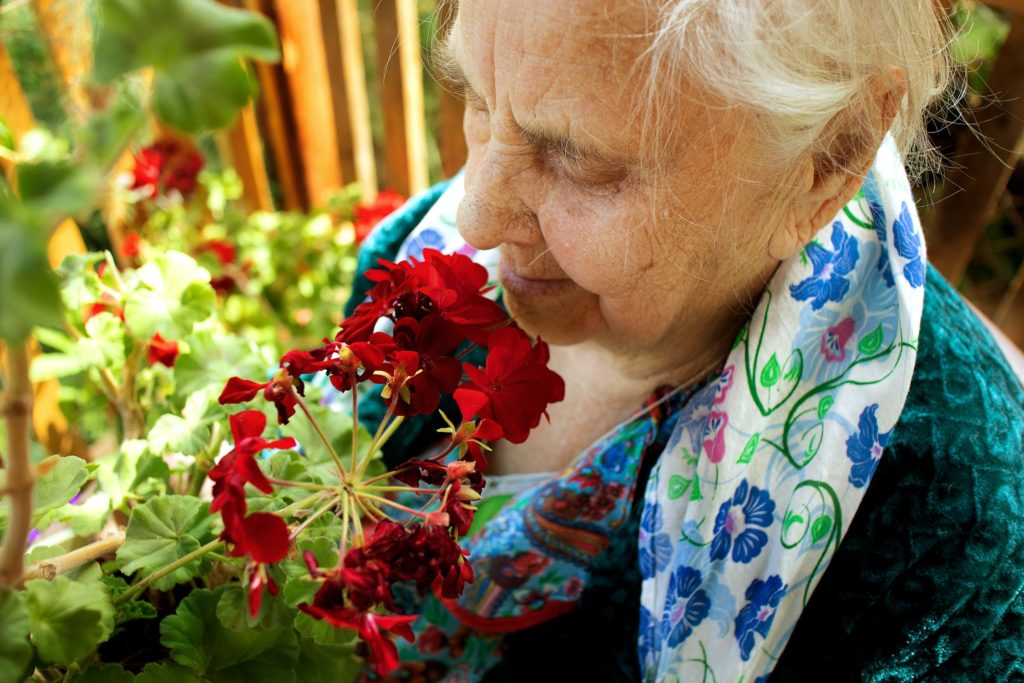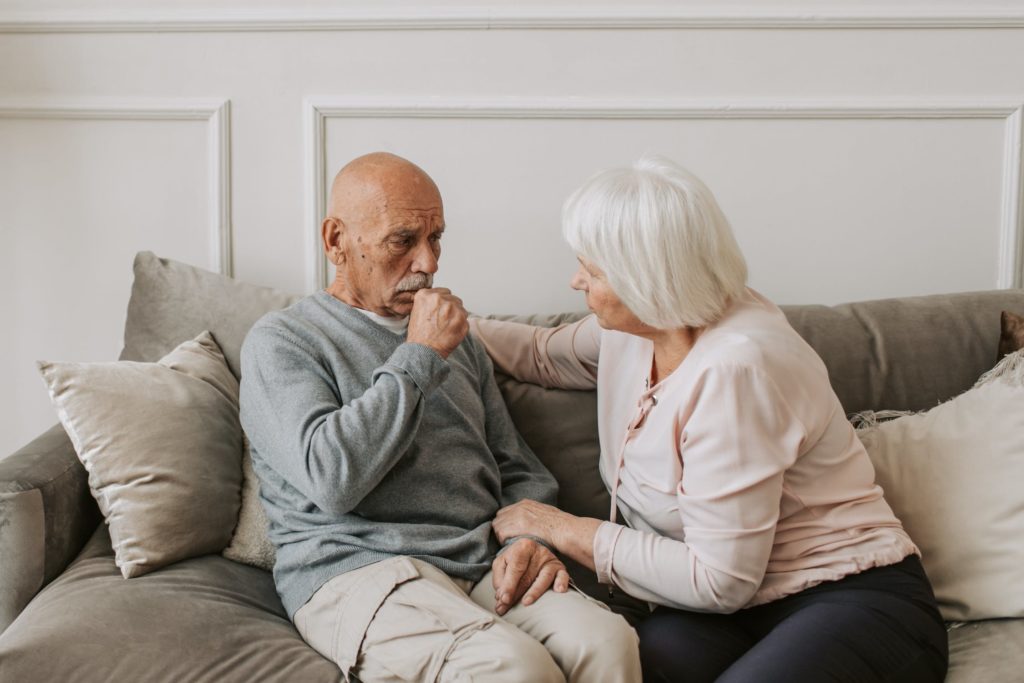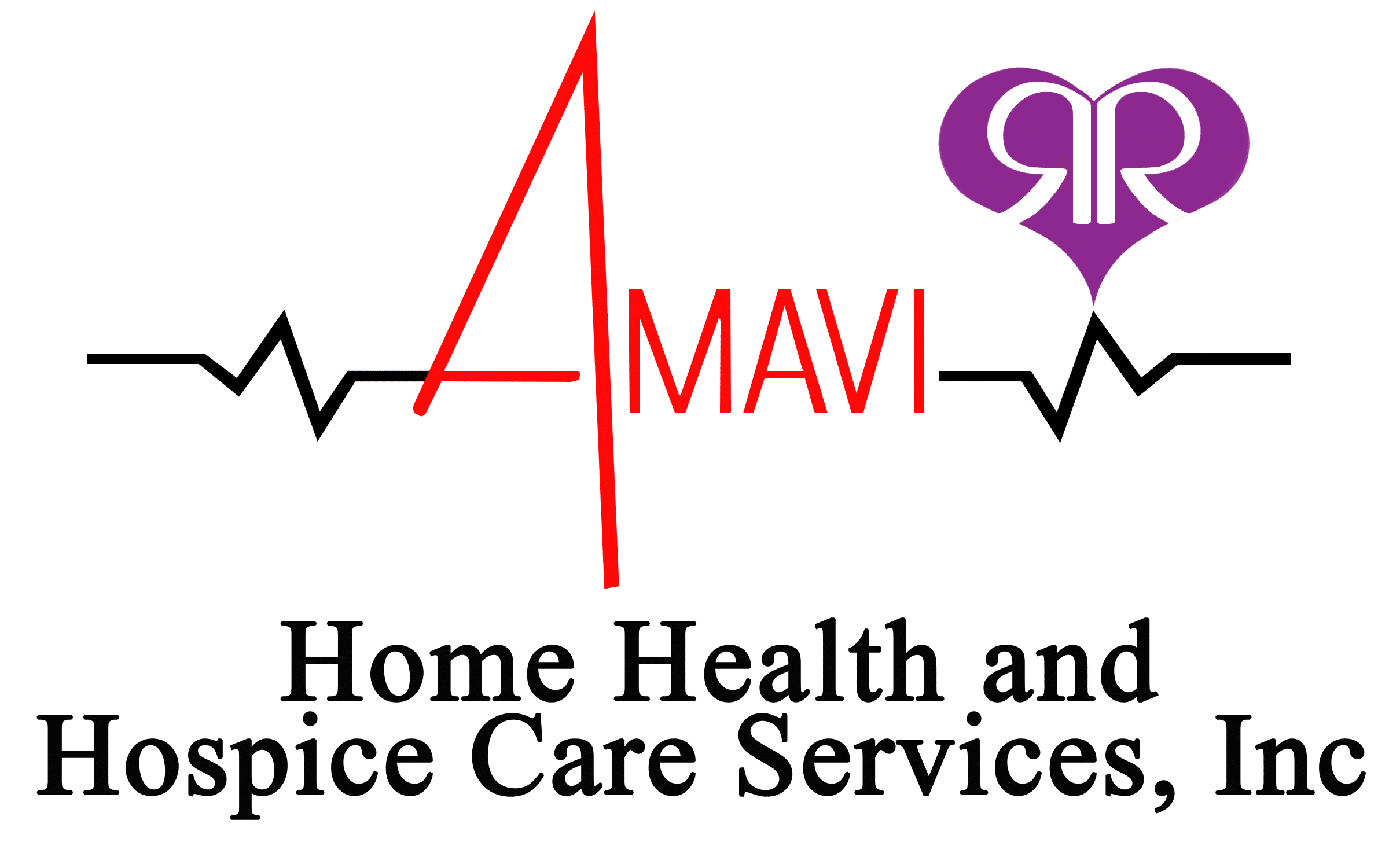Pneumonia is one of the major health concerns for older adults. It can be especially dangerous for those who already have existing medical conditions. Because of that, home health care services pay special attention to it, including providing a pneumonia vaccine for seniors. But how do you manage it on your own? Here is a handy guide.

Understanding How Seniors Can Get Pneumonia
The disease is an infection caused by different bacteria, fungi, or viruses. It is characterized by the lungs’ air sacs becoming inflamed. This leads to breathing difficulties, which can be more significant to people with compromised immune systems.
There are three ways that the elderly can acquire pneumonia.
- Community-acquired pneumonia: This is pneumonia acquired due to outdoor exposure. It is the third most common cause of hospitalization among adults 65 and above.
- Healthcare-associated pneumonia: Seniors staying at a healthcare facility are also susceptible to catching pneumonia from other patients or staff.
- Aspiration Pneumonia: This happens when you accidentally inhale foreign objects like food or saliva into your lungs. Older people with swallowing difficulties are prone to this.
Because of the diverse ways that seniors can get the disease, assigned caregivers and the family need to be attentive of their current situation. They also need to remove any potential triggers that can cause potential infections.

Top 10 Common Elderly Health Issues
The Symptoms Of Pneumonia
Early detection is vital for more effective management of pneumonia in your elderly loved ones. Some of the typical symptoms that you need to watch out for include;
- Pain in the chest and the ribs
- Cough that can produce phlegm
- Fatigue
- Fever, sweating and shaking chills
- Nausea, vomiting, or diarrhea
- Shortness of breath
Seniors 65 and above might also show these symptoms.
- Lower than normal body temperature
- Confusion or changes in mental awareness
When you see these symptoms, it is best to consult doctors immediately. They will run a series of tests to determine the extent of the infection. These include physical tests to determine if your symptoms are indeed signs of the disease. After that, there would be several laboratory tests to make a proper diagnosis and recommend treatment.
In-Home Management Of Pneumonia
In many pneumonia cases, hospitalization is mainly used only for patients with severe symptoms. The patient might instead want to stay at home where they are with their family. Certain situations like the current COVID-19 pandemic can also make hospitalization a more grueling experience for the senior.
In these situations, home health care services can help them greatly. Providers like Amavi can give the care they will need while they recover. But you can also help them by using several home remedies. The goal here is mainly to reduce the symptoms and help your loved one rest more comfortably so that they can recover faster.
Coughs
One thing to note is that doctors might not always prescribe a cough suppressant to a senior patient with pneumonia. This is because the cough is part of the body’s immune reaction to expel the extra mucus and fluids from the lungs. But as you already know, constant coughing can be annoying, especially for seniors.
A simple remedy here is by giving patients a saltwater gargle. It helps remove the excess mucus on the throat and can even deal with bacteria that might be there. To prepare the gargle, you need to have a glass of warm water. Add salt to it until it has a slight taste. Let the patient gargle until they feel their throat clear up.
Another good remedy is a warm herbal tea. Peppermint, eucalyptus, and fenugreek are some of the popular choices here. They work by breaking the mucus in the throat, easing the inflammation and pain. You can buy these in prepared bags or brew your own at home for your elderly patient.
Shortness Of Breath
You can remedy mild shortness of breath in a variety of ways. One is by letting the patient breathe in warm, damp air. You can do this by letting them sniff the steam coming off a cup of fresh coffee or tea. Alternatively, you can also use the steam from a hot shower.
With more severe episodes, you should seek medical intervention. Make sure that your home health service provider has an oxygen tank ready to help patients in such cases. When the patient regains their regular breathing pattern, ensure that they get rested thoroughly.
Fever And Chills
When dealing with pneumonia-induced fever, proper hydration is important. Aside from plain water, give your elderly loved ones other liquids like fruit juices. Doctors might also prescribe a specific formulation of electrolytes to help them balance their body fluids. Keep these liquids by their bedside and let them sip through a straw if they find it hard to drink directly.
To further help your elderly family member cool their body down, you can give them a lukewarm bath. If it is not possible to give them a full bath, you can instead use towels. Dip the towel in lukewarm water and apply to the body. Once the towel warms up, dip it into the water and apply again.
On the other hand, if your loved one is experiencing chills, your goal is to warm their body. Drinking warm liquids like tea will help them a lot. You can also prepare a hot bowl of soup for them. This will help them warm up their body and make it easier for them to eat and regain their appetite.

Helping Seniors With Respiratory Issues
Treatment Of Pneumonia In Seniors
Getting a pneumonia vaccine for seniors is still the best way to prevent potential episodes. These are administered yearly, so you want your older loved ones to get their regular shots. Our team can help you keep track of vaccination schedules.
The type of medication that doctors will prescribe to a senior patient will depend on the cause of the illness. For bacterial infections, they can take any of the following antibiotics.
- Macrolides
- Beta-lactams
- Fluoroquinolones
Patients take these orally. In the case of hospitalized seniors, however, they might need to get it through intravenous drips. Make sure that your loved one receives the full course of medication to prevent the development of drug-resistant bacteria.
In the case of viral pneumonia, doctors prescribe some antiviral drugs like oseltamivir, zanamivir, or peramivir. Note that these are purely for pneumonia brought about by influenza. For other viral cases, treatment will focus more on supportive care. The medication will be to lessen the specific symptoms.
Recover From Pneumonia With The Best Home Health Care
Whether your loved one decides to recover at home or is in the hospital, getting back from pneumonia is possible through a thorough recovery program. Depending on the severity of the disease, their recovery period can vary from a week to a month. But with Amavi’s home health services, your elderly loved one will be on their way to regaining full health. Contact us today and we will be ready to assist you. We can also help you get pneumonia vaccine for seniors.
